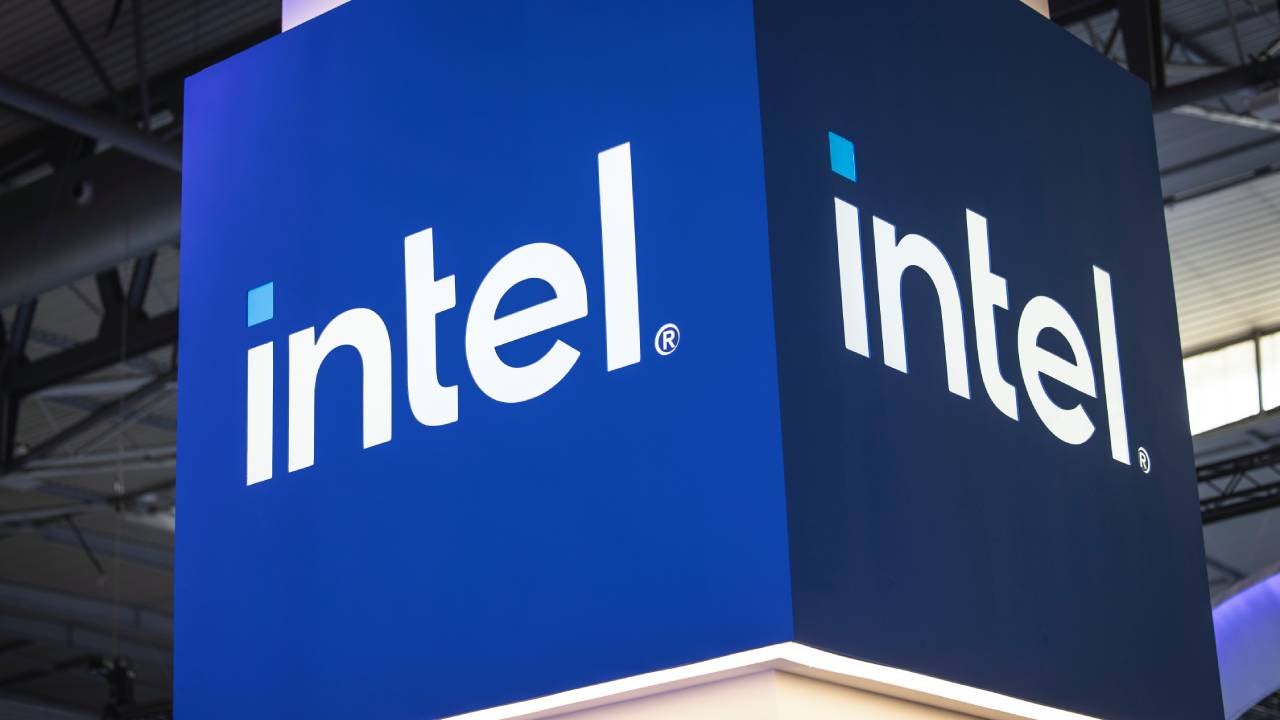Intel (INTC) and Taiwan Semiconductor (TSM) have agreed to a joint venture, according to reports. The two chip giants will form a joint venture in the U.S. that will leverage Intel’s American foundry and Taiwan Semi’s expertise to produce advanced chips. For its contribution, Taiwan Semi would take a 20 percent stake in the venture and also train Intel employees as part of the tie-up.
Intel stock zoomed higher on the news amid a market that was plummeting in response to a new round of tariffs announced by President Donald Trump. But at least one analyst is questioning the rationale for the decision and says that Intel needs a sharp change in direction.
No longer just “Intel Inside” — maybe
The news about an Intel-Taiwan Semi joint venture caps off weeks of speculation and reported talks between the floundering American chipmaker and rivals such as AMD (AMD) and Broadcom (AVGO) to break up the company or agree on a strategic deal. Those rumors have helped send Intel’s stock on a roller-coaster ride in 2025, with new rumors every few weeks spiking the stock, only for it to come back down, before a new rumor sends shares up again.
Despite some of these favorable moves higher, Intel’s foundry business is hemorrhaging cash, turning in a $13.4 billion operating loss in 2024. Management has stated that it doesn’t expect the unit to become profitable until 2027. Given these results, at least one analyst, Citi’s Chris Danely, thinks Intel needs to get out of the foundry business.
But the company may not go in that direction. At Intel Vision, the company’s conference held at the end of March, CEO Lip-Bu Tan outlined a plan to separate non-core assets. But the newly appointed chief exec said that his vision of the future Intel still included the merchant foundry business, using it to produce new chips for both Intel and other semiconductor design firms.
Need an advisor?
Need expert guidance when it comes to managing your investments or planning for retirement?
Bankrate’s AdvisorMatch can connect you to a CFP® professional to help you achieve your financial goals.
Danely sees that as a mistake and is skeptical that the joint venture will be a real solution, due to the differences in operational processes and culture between the two companies. Danely has long argued for Intel to get out of the merchant foundry business given its history of losses and Taiwan Semi’s strong operational expertise, which has seen the company taking market share over time.
Given the losses at the foundry unit, Danely thinks Intel would be more profitable if it could simply shed that segment and focus on its core chip manufacturing business. In a CNBC interview in February, Danely stated that a slimmed-down Intel could earn $3 or $4 per share and could become a $50 or $60 stock with that level of earnings. If that happened, he says, “I think you’re back to the Intel of old.” He added: “It’s not complicated. It’s just that this foundry effort is sinking them.”
Read the full article here





